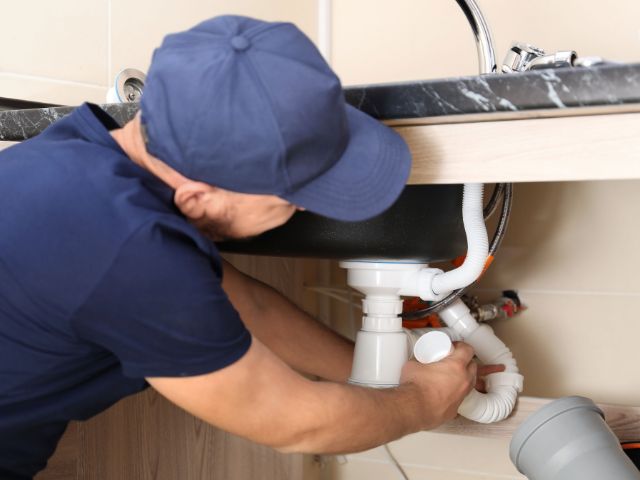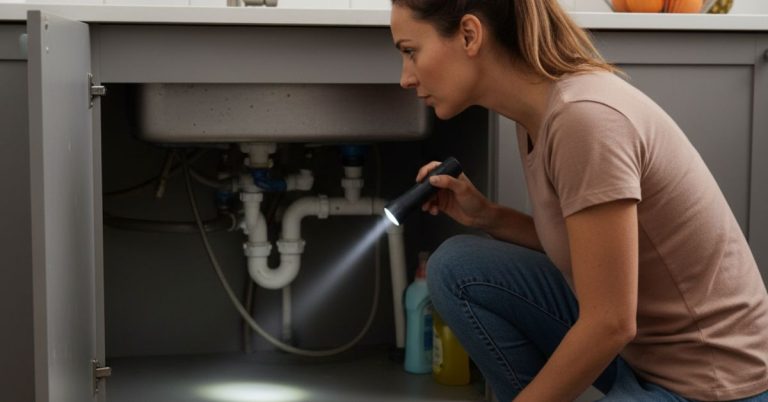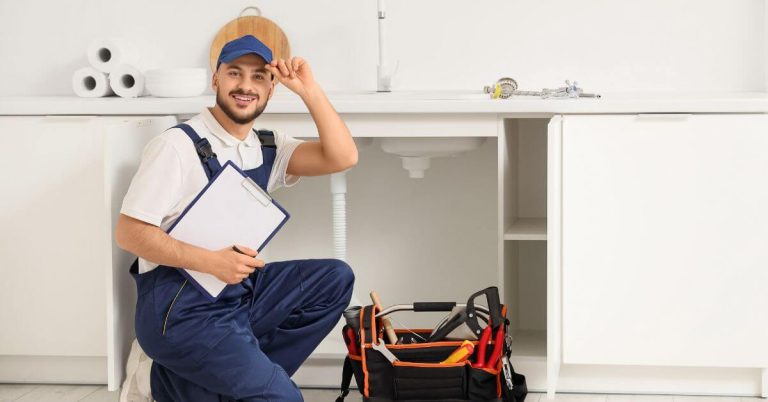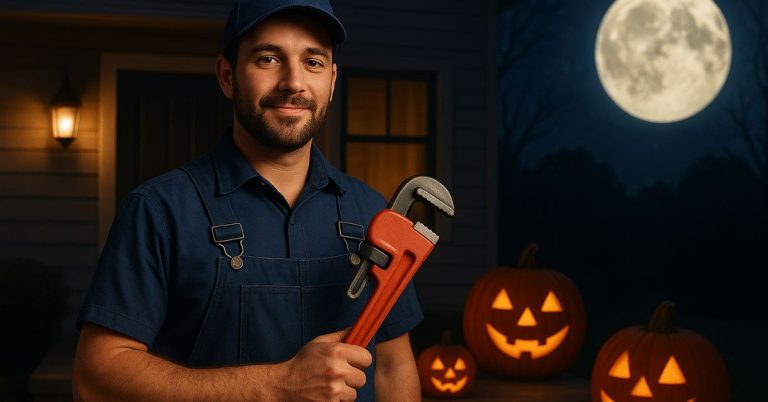With summer 2025 fast approaching, it’s the perfect time to make sure your home’s plumbing is ready for the season’s demands. From higher water usage to outdoor activities, warmer months can put extra stress on your system. That’s why preparing your plumbing for summer is a smart move to prevent unexpected issues like leaks or clogs. In this blog, we’ll walk you through essential steps to keep your plumbing in top shape so you can enjoy a worry-free summer.
Table of Contents
Inspect and Service Outdoor Plumbing Fixtures
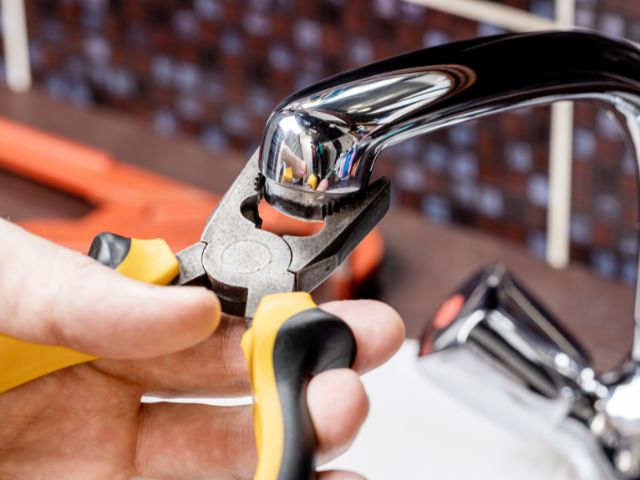
With the return of warm weather, it’s time to turn your attention to outdoor spigots, hoses, and sprinkler systems.
- Check for Leaks: Over the winter, pipes can crack or freeze. Turn on your outdoor faucets and inspect for dripping or reduced water flow, which may indicate a hidden leak.
- Replace Worn Washers and Hoses: Look for signs of dry rot or bulging in hoses and upgrade them if necessary. Install a hose bib vacuum breaker to prevent backflow.
- Test Sprinkler Systems: Turn on the system and watch each sprinkler head. Uneven spray or no water from certain heads may mean they need cleaning or replacement.
Flush and Check Your Water Heater
Hot water usage doesn’t stop just because the weather gets warm. In fact, summer showers, dishwashing, and laundry may increase due to guests or kids being home more.
- Flush the Tank: Sediment builds up inside your water heater tank, reducing efficiency. Drain about a quarter of the tank to remove any debris.
- Inspect the Anode Rod: This component prevents rust from corroding your tank. If it’s heavily corroded, replace it to extend the life of the heater and avoid costly water heater repair down the line.
Check the Temperature Setting: Ensure it’s set to 120°F to reduce energy consumption and prevent scalding.
Clear Slow Drains and Check for Clogs
Warm weather often brings more cooking, more showers, and more people in the house—leading to increased drain usage.
- Use Natural Drain Cleaners: Avoid chemical cleaners. Opt for a mixture of baking soda and vinegar followed by hot water to clear light clogs.
- Inspect Floor Drains: These are often overlooked. Pour water into floor drains in basements or garages to refill the trap and block odors.
- Install Drain Screens: Prevent hair and debris from building up in bathroom and kitchen drains.
Inspect Sewer Line and Septic System
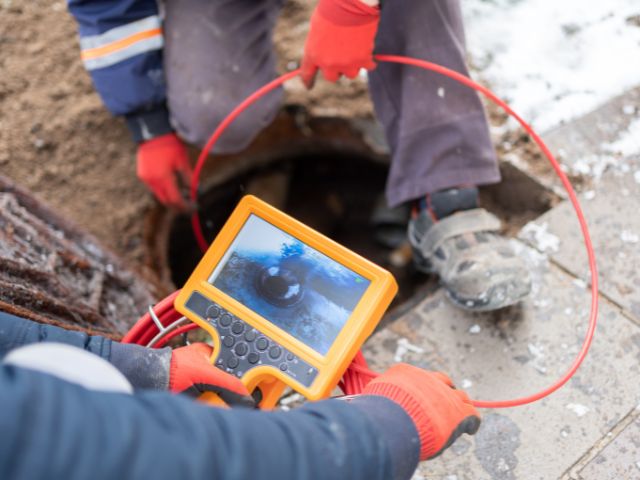
Summer rainstorms can overload sewer systems, and tree roots aggressively seek moisture during dry spells.
- Schedule a Sewer Line Inspection: Hire a plumber with a camera inspection tool to check for blockages or cracks.
- Watch for Warning Signs: Gurgling toilets, slow drains, or unpleasant smells may indicate an impending sewer backup.
- Pump the Septic Tank: If it’s been 3-5 years since the last pump, now is the time.
Check for Hidden Leaks Indoors
Even a small leak can waste hundreds of gallons of water a month. Summer is the perfect time to perform a whole-home check.
- Examine Under Sinks: Use a flashlight to inspect pipes for condensation, mold, or water stains.
- Monitor Water Bill: An unexplained increase in your water bill often signals a hidden leak.
Test Toilets: Put a few drops of food coloring into the tank. If color appears in the bowl without flushing, the flapper needs replacing.
Install or Inspect a Sump Pump
Heavy summer storms can lead to basement flooding. A functioning sump pump is your best defense.
- Test Your Sump Pump: Pour a bucket of water into the pit. The pump should turn on and drain the water quickly.
- Install a Battery Backup: In case of a power outage during a storm, a backup pump can prevent costly water damage.
- Clean the Pit: Remove debris that could block the float switch or impeller.
Maintain Garbage Disposal and Kitchen Plumbing
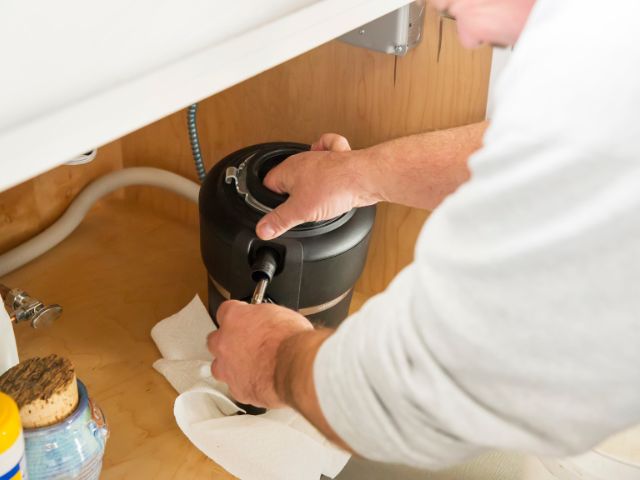
With BBQs, outdoor gatherings, and more summer cooking, your kitchen plumbing sees extra usage.
- Avoid Pouring Grease: Grease hardens as it cools and can cause serious clogs. Dispose of it in the trash.
- Run Cold Water: Always run cold water for at least 15 seconds after using the disposal to flush debris.
- Freshen Disposal Naturally: Freeze vinegar in an ice cube tray with lemon slices and run them through the unit to clean and deodorize.
Get your water heater repaired or replaced the same day
Inspect Washing Machine Hoses and Valves
Summer laundry loads can be heavy—especially with children at home or trips to the pool.
- Check for Cracks or Bulging: Replace rubber hoses with stainless steel braided hoses for improved durability.
- Tighten Valves: Ensure water supply valves are not dripping or loose. A slow drip can lead to mold and water damage.
Level the Machine: Vibrations can strain hoses and valves. Use a level and adjust the legs if needed.
Protect Pipes from Tree Roots
Summer droughts can drive tree roots deep and wide in search of moisture—sometimes into your plumbing lines.
- Install Root Barriers: These physical barriers can help redirect roots away from pipes.
- Use Copper Sulfate: This natural root killer can be flushed into your toilet to deter root intrusion.
- Schedule Regular Inspections: Annual inspections help detect intrusions early before they cause blockages or pipe damage.
Upgrade Fixtures for Water Efficiency
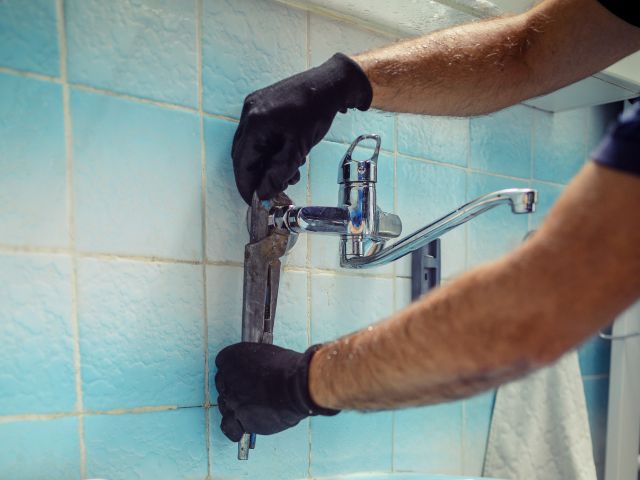
Summer is an ideal time to install water-saving devices that lower usage without sacrificing performance.
- Install Low-Flow Showerheads: These reduce water use by up to 50% while maintaining good pressure.
- Use Dual-Flush Toilets: These allow you to select the amount of water needed, conserving water with every flush.
- Add Faucet Aerators: They lower flow rate and reduce splashing without affecting water pressure.
Conclusion
Taking time to prepare your plumbing for summer 2025 can prevent expensive repairs, conserve water, and keep your home running efficiently throughout the season. From outdoor faucets to water heaters, a comprehensive approach ensures you’re ready for whatever the warmer months bring.
Be proactive—not reactive. A seasonal plumbing checkup can save you hundreds, if not thousands, over time. For reliable inspections, upgrades, and repairs, trust 5 Star Best Plumbing Service to handle your summer plumbing needs with expertise and care.
FAQs
Why is it important to flush my water heater in the summer?
Flushing removes sediment buildup that reduces your water heater’s efficiency and lifespan. Summer is a great time to do this, especially with increased household water usage.
How do I know if my outdoor faucets have a leak?
Turn them on and look for dripping or reduced water flow, which can indicate a crack or hidden freeze damage. Even a slow drip can waste gallons over time and should be repaired promptly.
What are the signs of a sewer line issue during summer?
Slow drains, foul odors, or gurgling toilets may signal a blockage or root intrusion. These issues are common during dry summer months when tree roots seek out water sources.
Should I inspect my sump pump even if I’ve never had flooding?
Yes—heavy summer storms can overwhelm even dry basements. Testing and maintaining your sump pump now prevents costly water damage later.
How can I make my plumbing more water-efficient for summer?
Install low-flow showerheads, faucet aerators, and dual-flush toilets to cut water use without sacrificing performance. These upgrades can also help lower your utility bills.

